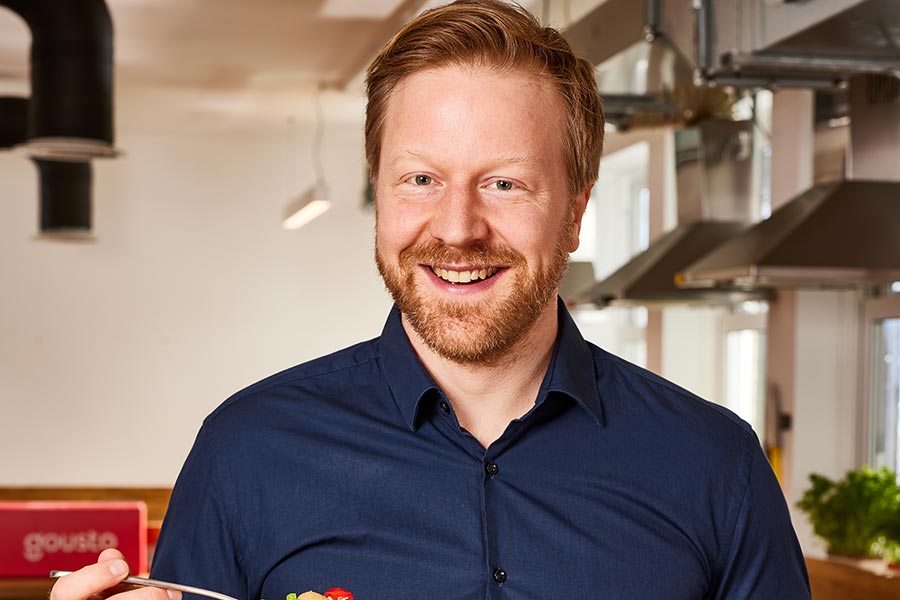Paul Keogh has had a wide and varied career throughout the years, and his experience working with family business prompted him to write a book on the subject, writes Conall O Móráin
Paul Keogh (pictured) has had more business lives than the average cat. He was barman to Michael Smurfit, delivered beer to Manhattan, worked with Guinness while it was still helmed by Lord Iveagh, wrote controversial advertising copy for earth movers JCB, was accused of fiddling the Irish pop charts in favour of his client Luciano Pavarotti, was on the board of Sunderland AFC, and is an adviser to Sean Mulryan’s Ballymore Properties.
This all means that Paul has ‘form’ when it comes to understanding and advising on business, particularly family businesses, as the majority of companies that he was worked for have been, in some sense, family owned.
The Family Business Book, self-published by Paul, is a must read for anyone owning or working in a family business as its no-nonsense advice may be very helpful in helping sanity prevail.
Back in the day, I worked in stockbroking in a firm that was ostensibly a partnership, and my chat with Paul informed me otherwise.
He says that there are many definitions of what a family business is, and he advises not to get to hung up on those definitions. If you are going to be employed by a family firm, he recommends making sure that you know what the implications of a family business are to outsiders.
The stockbroking firm I refer to wasn’t strictly family-owned, but a decent percentage of those who worked there were related, be that in management, the back office or on the trading floor. The partnership was in fact a family business.
In Paul’s view, a preponderance of family members has a direct effect on how the business is managed, and how non-family staff fit in.
There are no hard and fast rules about how a family business operates, though the Sunday lunch is often a feature. Some or all family members may attend, and important decisions may be discussed and digested along with the roast beef.
When the ‘outsider’ comes back to work on Monday morning, it can be a bolt from the blue that the marketing plan or expansion strategy have been upended over the weekend.
And that, as Paul says, is life in a family business. Laughing, he said that his first question on a Monday morning was ‘what has changed since I left here on Friday?’
However, this wasn’t sufficient discomfort for Paul to choose a working life in a public company. He believes that the working environment in a structured organisation can be equally challenging, as ambitious executives climb the greasy pole to the top. Once you keep your head down in a family business and accept change, then you’ll get along fine – as he did.
Family dynamics
Paul Keogh points to a curious dynamic that he has seen between fathers, mothers and their children who are working in the family firm. Having advised many family-owned businesses over the years, he says there can be a fundamental difference in how the entrepreneurial father deals with the children compared with the mother, who may or may not be involved directly in the company.
Business isn’t always fair, he says, but fairness for all her children is paramount for the mother, and often it’s the mother who is the mediator in inter-familial disputes. Of course this is different when it’s the mother who is the entrepreneur, but not majorly so.
In Paul Keogh’s experience, kids rarely confide in the dad in the same way they do so with the mum.
Again, given that family businesses are so diverse in their makeup, it was interesting to hear Paul talk about how the Musgrave family operates.
The storied Cork grocery wholesaler is one of Ireland’s largest family-enterprises, with family members as employees with a shareholding, as well as others who are just shareholders who want to be kept advised about the business that has their name over the door.
The way that Musgraves has decided to deal with this issue is to meet regularly, up to three times a year, when the wider family is briefed on the business. One thing that Paul pointed to was family members who don’t work in the business and have no shareholding found the briefing very beneficial.
As individuals they are still identified with the business, and they felt embarrassed if they had to admit that they knew next to nothing about it. The briefing meetings are a simple way of dealing with this ‘hidden’ issue.
That in turn led to a discussion about job titles and roles. According to Paul Keogh, family members are often allocated impressive job titles with little or no job description to support the role. Understandably, this causes stress, and becomes a focus of attention when there is a crisis and the question is asked, ‘Who was responsible for that?’
Conflict resolution
In Paul Keogh’s opinion, owners of family businesses are traditionally not very good at conflict resolution within the family. He says that often difficult decisions relating to the family are avoided or, worse, fudged. He says one should always be clear and decisive and communicate properly to all involved.
Lawyers are always quick to quip that ‘where there’s a will, there’s a family’. Paul says that when the business is 100% owned by the founder, ownership isn’t a problem. Problems begin to arise when family members join the business. There is often a vague discussion about future ownership, but nothing is agreed and put in writing.
Time passes and uncertainty looms regarding future ownership, which leads to tensions and high emotions. Paul advises that there should be a shareholder’s agreement in place once the equity base is opened up, and that it should cover all eventualities of future ownership.
I mentioned that Paul Keogh was a director of Sunderland AFC, before the Niall Quinn era. In the podcast, every guest is asked, ‘who would they hire in a heartbeat?’. Too frequently people say they’d love to have Richard Branson on their team (they obviously haven’t read all about him).
For Paul Keogh though, his instant reply was footballer Roy Keane. As Paul makes a partial living out of conflict resolution, his selection appeared puzzling. If you want to know his rationale, you’ll have to listen back to the podcast.
+ Conall O Móráin produces and presents the weekly That Great Business Show podcast. ‘The Family Business Book’ is available from PaulKeogh.com.










